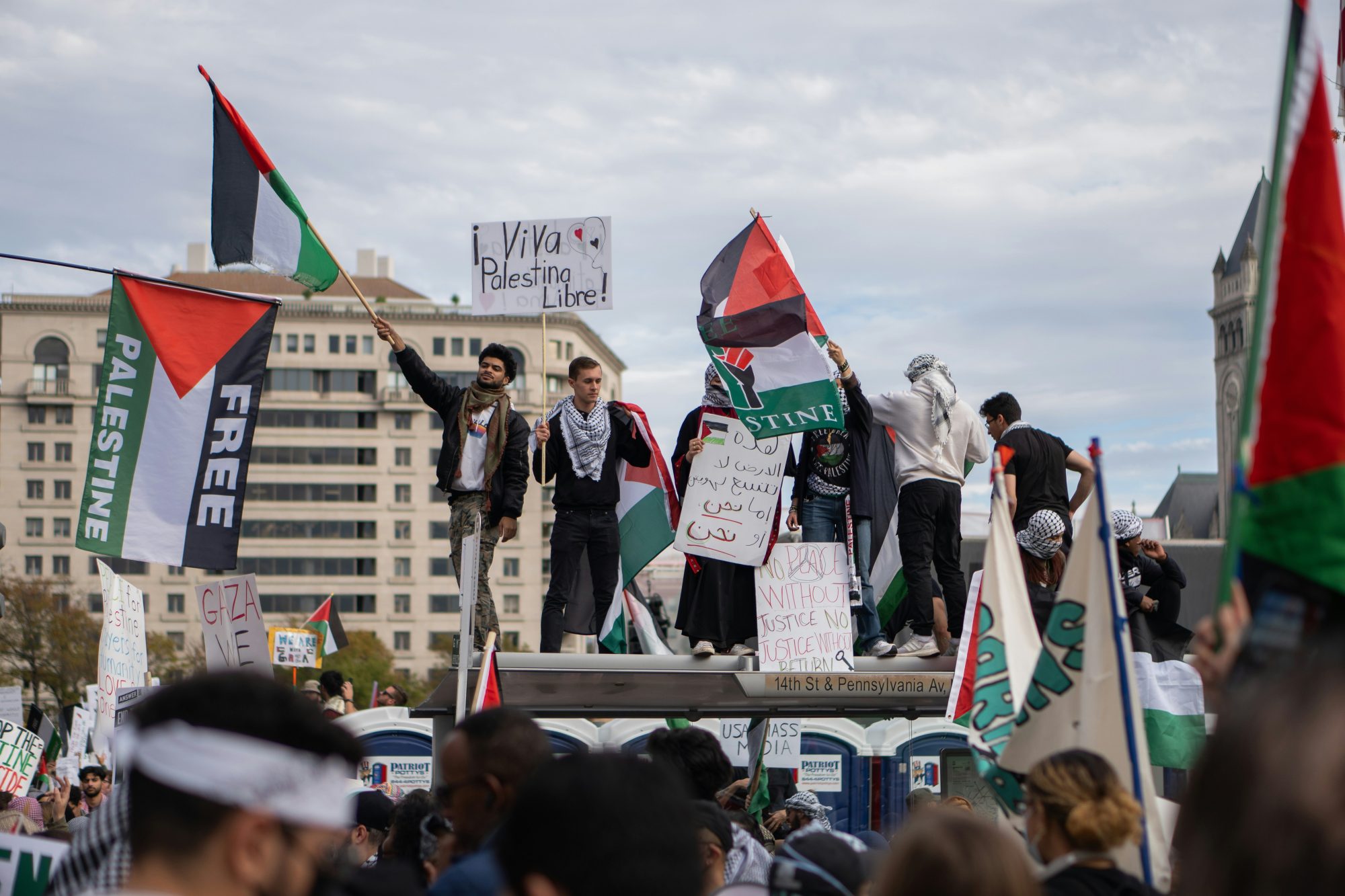Arts Community Divided: How Australia's Theatres and Literary Circles are Responding to Pro-Palestinian Demonstrations

Recent pro-Palestinian protests across Australia, particularly the large demonstration on the Sydney Harbour Bridge, have sparked a complex conversation within the nation's arts community. While the right to peaceful protest is a cornerstone of Australian democracy, the response from theatres, literary circles, and individual artists has been varied, ranging from vocal support to cautious silence, and even, in some cases, perceived censorship. This article examines the evolving landscape of artistic engagement with the Palestinian cause, exploring the challenges and nuances involved.
The recent surge in demonstrations follows a long history of activism for Palestinian rights in Australia. However, the current context, marked by heightened global tensions, has amplified the debate and placed pressure on cultural institutions to take a stance. We've seen artists using their platforms to express solidarity with Palestinians, while others grapple with the complexities of navigating a politically charged environment.
The Spectrum of Responses
The reactions within the arts scene haven't been uniform. Some theatre companies have openly supported the protests, hosting benefit performances and providing platforms for Palestinian voices. Literary events have featured discussions on Palestinian literature and culture, fostering dialogue and raising awareness. Individual artists, including writers, actors, and visual artists, have used their social media and creative works to express their views.
Conversely, some institutions have adopted a more cautious approach, citing concerns about alienating audiences or facing backlash. Others have been accused of censoring pro-Palestinian viewpoints, either through direct intervention or subtle pressure. This perceived censorship has fuelled accusations of bias and sparked further debate about the role of art in addressing political issues. The line between artistic expression and political advocacy can be particularly blurry, and navigating this terrain requires sensitivity and careful consideration.
Challenges and Considerations
Several challenges contribute to the complexities of this situation. Firstly, the Israeli-Palestinian conflict is deeply divisive, and any expression of support for one side is likely to provoke strong reactions from the other. Secondly, arts institutions often rely on diverse funding sources, including government grants and private donations, which can create pressure to avoid controversial topics. Thirdly, artists themselves face personal risks, including online harassment and professional repercussions, for expressing their views.
The debate also raises broader questions about the responsibility of artists and cultural institutions to engage with social and political issues. Should art be a reflection of society, or should it transcend political boundaries? How can institutions create safe spaces for dialogue and debate without stifling dissenting voices? These are questions that the Australian arts community is grappling with as it navigates this challenging moment.
Looking Ahead
The ongoing pro-Palestinian protests and the responses from the arts community are likely to shape the cultural landscape of Australia for years to come. It's crucial that institutions and artists prioritize open dialogue, respect diverse perspectives, and uphold the principles of freedom of expression. The ability to engage with difficult and complex issues is essential for a vibrant and thriving arts scene. The conversation is far from over, and its evolution will undoubtedly be closely watched by both the artistic community and the wider Australian public.






